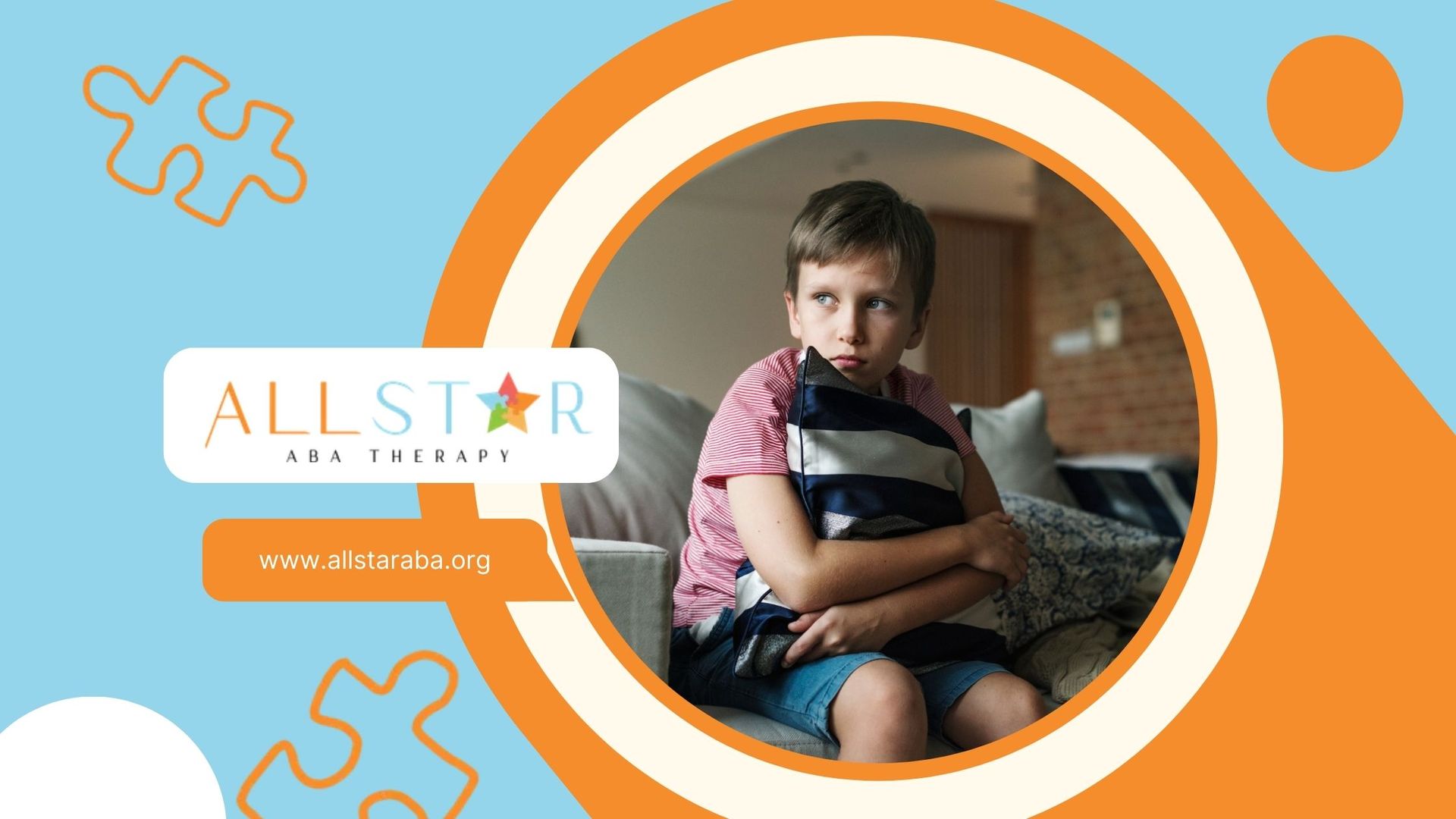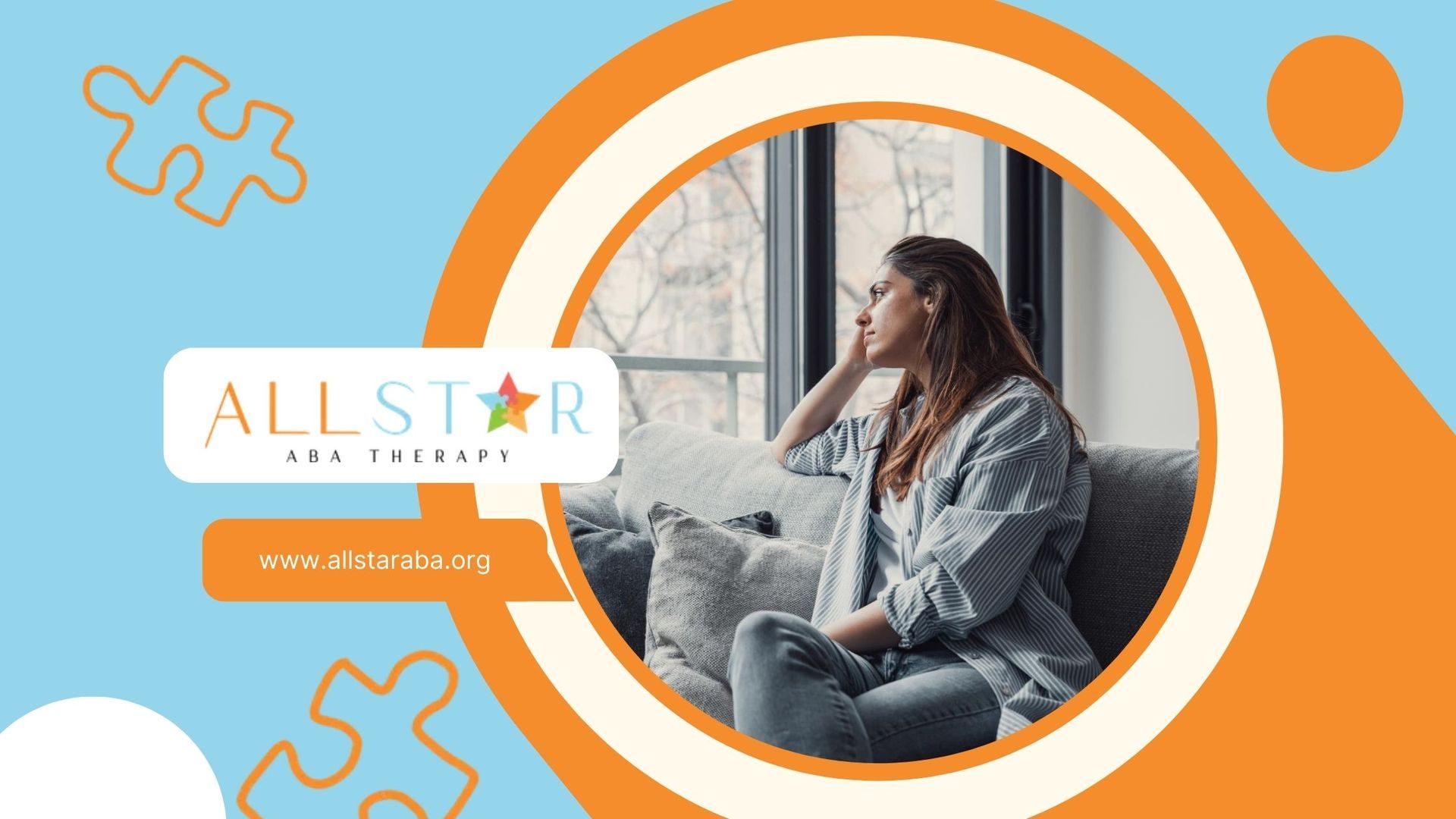New Paragraph
How Do I Get a BCBA Without a Degree? Understanding the Path to Becoming a BCBA
A Board Certified Behavior Analyst (BCBA) plays a vital role in providing behavioral interventions, especially for individuals with Autism Spectrum Disorder (ASD). Many aspiring BCBAs wonder if it’s possible to obtain this certification without a formal degree. This article explores the requirements for BCBA certification and provides insights into alternative paths to working in the field of behavior analysis for those without a degree.
We’ll also cover frequently asked questions (FAQs) to clarify the requirements and provide helpful guidance for individuals in Maryland seeking careers in ABA therapy.
Is It Possible to Become a BCBA Without a Degree?
The short answer is no—you cannot become a BCBA without a degree. The Behavior Analyst Certification Board (BACB) has specific education, experience, and examination requirements that candidates must meet to earn BCBA certification. These requirements include obtaining at least a graduate degree in behavior analysis or a related field, completing supervised experience, and passing the BCBA exam.
However, there are alternative career paths and related certifications that allow individuals to work in the field of behavior analysis without a degree. Below, we explore these alternatives and the requirements for each.
BCBA Certification Requirements
If you are committed to becoming a BCBA, it’s important to understand the standard pathway for certification. Here are the essential steps:
Earn a Graduate Degree
Candidates must obtain a master's degree or higher in behavior analysis, education, psychology, or a related field from an accredited institution.
Complete Coursework in Behavior Analysis
The BACB requires candidates to complete specific graduate-level coursework covering topics such as behavior assessment, intervention strategies, and ethical practices.
Accumulate Supervised Experience
Aspiring BCBAs must complete a set number of supervised fieldwork hours, working under the guidance of a certified BCBA. This hands-on experience ensures that candidates are prepared to work independently as behavior analysts.
Pass the BCBA Exam
The final step is to pass the BCBA exam, a comprehensive test based on the BACB’s Task List, which assesses the candidate’s knowledge and skills in behavior analysis.
Alternative Paths: Careers in Behavior Analysis Without a Degree
For those who want to work in behavior analysis but don’t have a degree, there are several other options. While these positions may not offer the same level of responsibility as a BCBA, they provide meaningful opportunities to contribute to the field.
1. Become a Registered Behavior Technician (RBT)
An RBT is an entry-level position in the field of behavior analysis. RBTs work under the supervision of a BCBA, implementing behavior intervention plans and working directly with clients.
Requirements to become an RBT:
- Complete a 40-hour training program covering the RBT Task List.
- Pass the RBT Competency Assessment with a supervising BCBA.
- Pass the RBT exam administered by the BACB.
2. RBTs play a crucial role in delivering ABA services and gain valuable experience working in the field.
3. Work as an ABA Therapist
Many individuals work as ABA therapists or behavioral technicians without formal degrees. These positions often involve implementing behavior plans under the supervision of a BCBA. Employers may provide on-the-job training, especially for those with experience working with children or individuals with developmental disabilities.
4. Pursue a BCaBA Certification
If you have a bachelor's degree, you may qualify to become a Board Certified Assistant Behavior Analyst (BCaBA). This role involves more responsibilities than an RBT but still requires supervision by a BCBA.
- Requirements to become a BCaBA:
- Earn a bachelor’s degree in behavior analysis or a related field.
- Complete specific coursework and supervised fieldwork.
- Pass the BCaBA exam.
5. Becoming a BCaBA can be a great stepping stone for those interested in eventually becoming a BCBA.
6. Volunteer or Work in ABA Clinics
Many ABA clinics and therapy centers offer volunteer opportunities or part-time positions for individuals without formal degrees. This experience can be invaluable for those considering a career in ABA therapy.
Conclusion
While becoming a BCBA without a degree is not possible, there are several meaningful career paths available in the field of behavior analysis. Working as an RBT or ABA therapist allows individuals to gain valuable experience while contributing to the well-being of individuals with autism. For those committed to becoming a BCBA, pursuing a master’s degree and certification can open doors to leadership roles in ABA therapy.
Whether you are a parent, professional, or educator in Maryland, understanding the various career paths in ABA therapy can help you make informed decisions. With the growing demand for ABA services, there are many opportunities to make a meaningful impact, even if you don’t yet have a degree.
Frequently Asked Questions
Can I become a BCBA with a bachelor’s degree?
No, a master’s degree is required to become a BCBA. However, with a bachelor’s degree, you can pursue certification as a BCaBA, which is an assistant-level behavior analyst.
Can I work in ABA therapy without a degree?
Yes, you can work as an RBT or ABA therapist without a degree. These roles involve implementing behavior plans under the supervision of a BCBA.
How long does it take to become a BCBA?
The process typically takes around 2 to 3 years, depending on the time required to complete a master’s program, coursework, supervised experience, and pass the exam.
What is the difference between a BCBA and an RBT?
A BCBA develops and oversees behavior intervention plans, while an RBT works directly with clients, implementing those plans under the BCBA’s supervision.
Can I complete the required BCBA coursework online?
Yes, many universities offer online graduate programs in behavior analysis, allowing candidates to complete their coursework remotely.
Is there financial aid available for BCBA programs?
Many universities offer financial aid, scholarships, or payment plans for students pursuing graduate degrees in behavior analysis or related fields.
Need Support?
We're Here to Help!
Our experienced team is ready to assist you. Reach out today to discuss how we can support your child's development and well-being.
Get started with expert ABA therapy today.
Related posts

All Star ABA delivers the gold standard of care, Applied Behavioral Analysis (ABA) therapy, for individuals diagnosed with ASD, from infancy to age 21.
Quick Links
All Rights Reserved | All Star ABA







